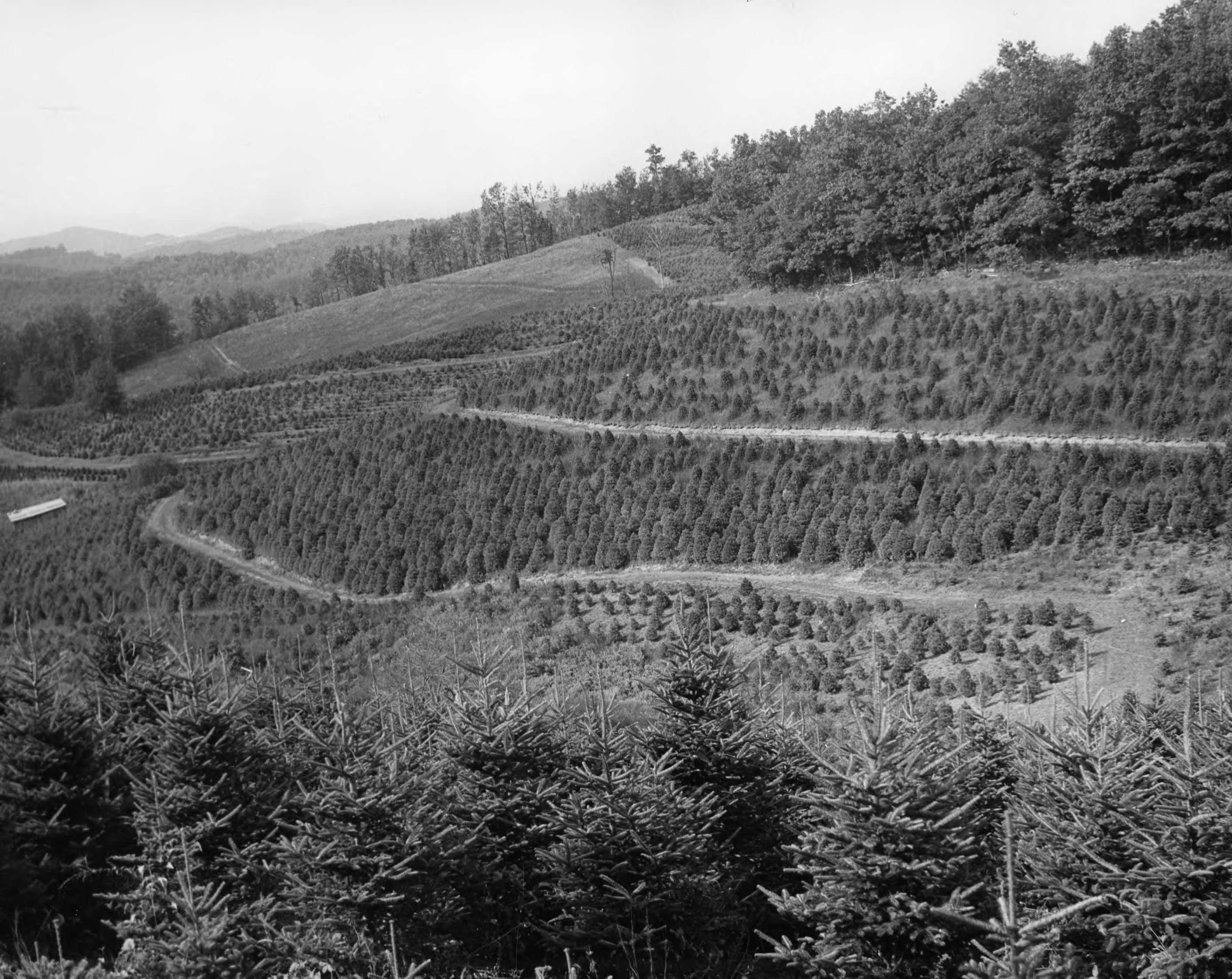
Email
Email this pageOpens in your default email client
URL copied to clipboard.
QR code for this page
Fifty years ago in 1969, NC State's forestry program reached these milestones: Dr. George Hepting was elected to the National Academy of Sciences and Drs. Bruce Zobel and T. Ewald Maki became Fellows in the Society of American Foresters. All three were noted in the 1970 Pinetum, the student journal of NC State's College of Natural Resources.
George Henry Hepting (1907-1988) was the first forester elected to the National Academy of Sciences (a photo and a biography exist on the National Academy website). From 1967 through 1984 he served as a Visiting Professor in NC State's Department of Plant Pathology and School of Forest Resources (now College of Natural Resources). In 1971 he retired from the U.S. Forest Service as Chief Plant Pathologist at the Southeastern Forest Experiment Station. This ended a 40-year career with the agency, during which time he conducted research on a variety of tree-diseases and pests. His 1971 Diseases of Forest and Shade Trees of the United States provided a comprehensive encyclopedia of knowledge on these topics.
Among other accomplishments, Hepting developed the first computerized system for information retrieval in forestry. He wrote a definitive history of North American efforts to control both chestnut blight and Dutch elm disease. He pioneered research on the role of ozone and other photo-chemical oxidants as causes of forest diseases, and his 1963 paper on "Climate and Forest Diseases" is a classic in both climatology and forestry. Before integrated pest management became common, Hepting emphasized the need to integrate disease-hazard evaluations and knowledge of disease-development processes into economically and biologically sound forest management systems. Links to archival collections with information about Hepting can be found on the Special Collections website.
Also in 1969 (Dec. 11) the university announced that Bruce J. Zobel and T. Ewald Maki were named Fellows of the Society of American Foresters. They joined Dean Richard Preston, who became fellow two year prior, and Drs. Eric Ellwood and Alfred Stamm, who became fellows the previous year.
Zobel (1920-2011) was an internationally respected lecturer, consultant, professor, and expert on forest genetics and forest improvement. His career at North Carolina State University as a professor, head of the North Carolina Tree Improvement Cooperative and South-wide Tree Improvement Program, and professor emeritus as spanned nearly fifty years, from 1957 to 2004. He became the E. F. Conger Distinguished Professor of Forestry in 1962. He helped found the Central America and Mexico Coniferous Resources Cooperative (Camcore) in 1980. In addition to being a Fellow in the Society of American Foresters, he was also a Fellow in the Technical Association of the Pulp and Paper Industry (1973) and honored with the UNC-system's O. Max Gardner Award (1972) and NC State's Alexander Quarles Holladay Award (2004). He was credited with "transforming forest genetics from a field of largely academic inquiry into a holistic system of scientific thought and research management." Links to archival collections with information about Zobel can be found on the Special Collections website.
Earlier in 1969 (Feb. 18) the university announced that Zobel and colleagues had developed a "genetically superior" pine tree that the forest industry could use to grow "more usable wood fibers per acre." A press release stated that "they are scientifically selecting trees for their straightness, uniformity, growth rate, disease resistance and wood properties."
T. Ewald Maki (1907-1980) was an expert on tree seed technology, seedling physiology, forest soils, forest fertilization, and water control of organic soils. He first came to NC State in 1951 and became the Carl Alwin Schenck Distinguished Professor in 1955. In 1958 he became head of the Department of Forestry (now Department of Forestry and Environmental Resources), serving in that position until 1970. Links to photographs and archival collections containing information about Maki can be found on the Historical State website.
More information about forestry and NC State's forestry program can be found on the NC State University Libraries' Historical State website. To look at archival materials, please contact the Special Collections Research Center.